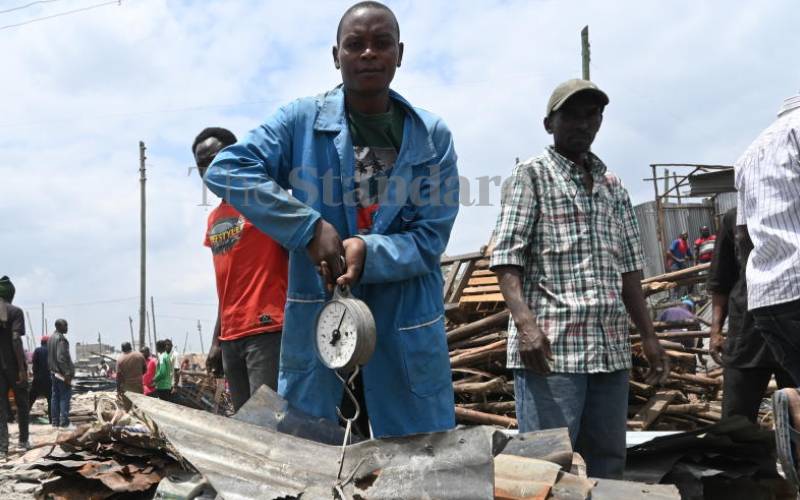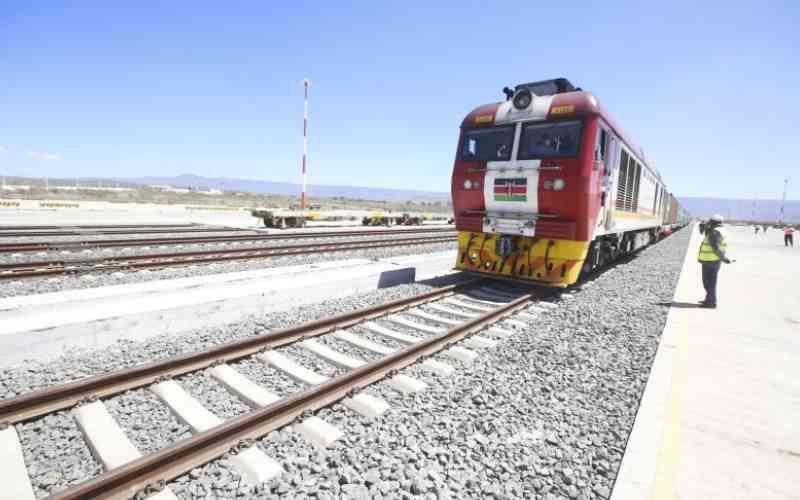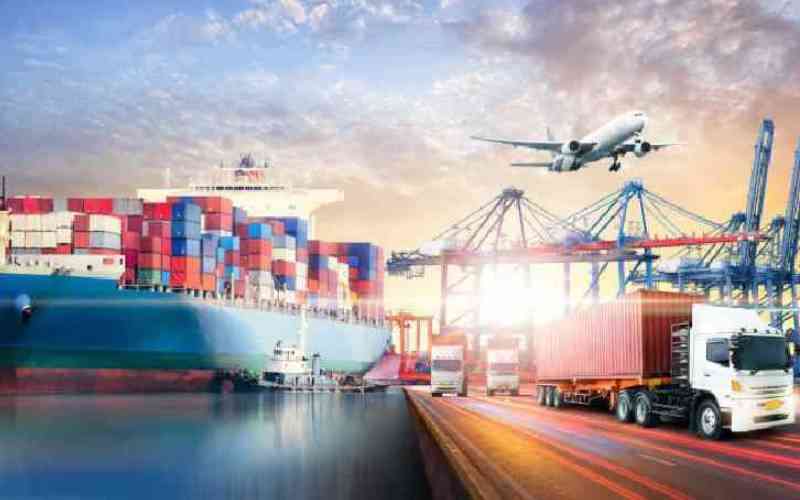×
The Standard e-Paper
Join Thousands Daily

Scrap metal dealer weighing iron sheets at a demolished stall in Mukuru kwa Njenga, October 2021. [Denish Ochieng, Standard]
In September 2019, the Kenya Urban Roads Authority (Kura) offered a Sh100,000 reward to anyone who could give leads to the arrest of people vandalising road furniture.







